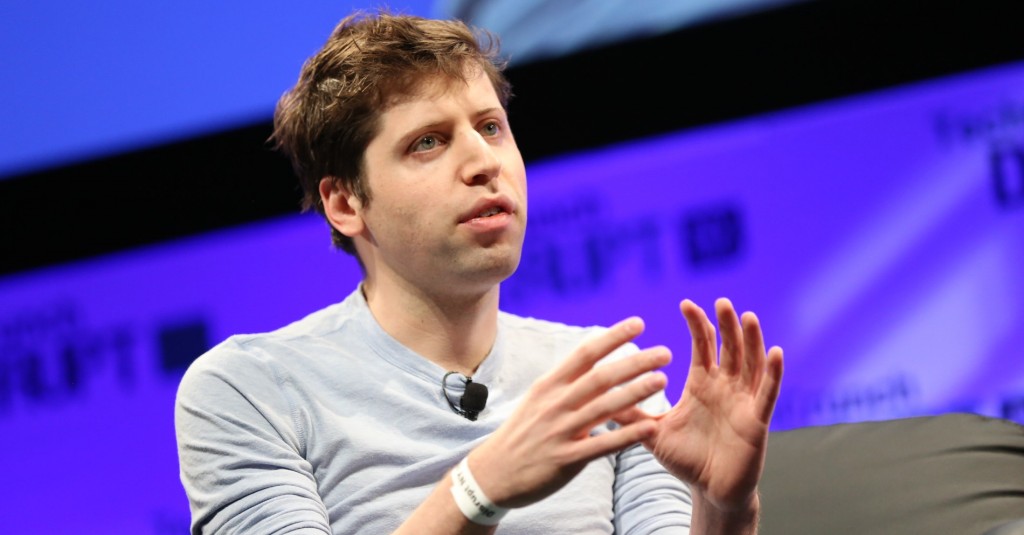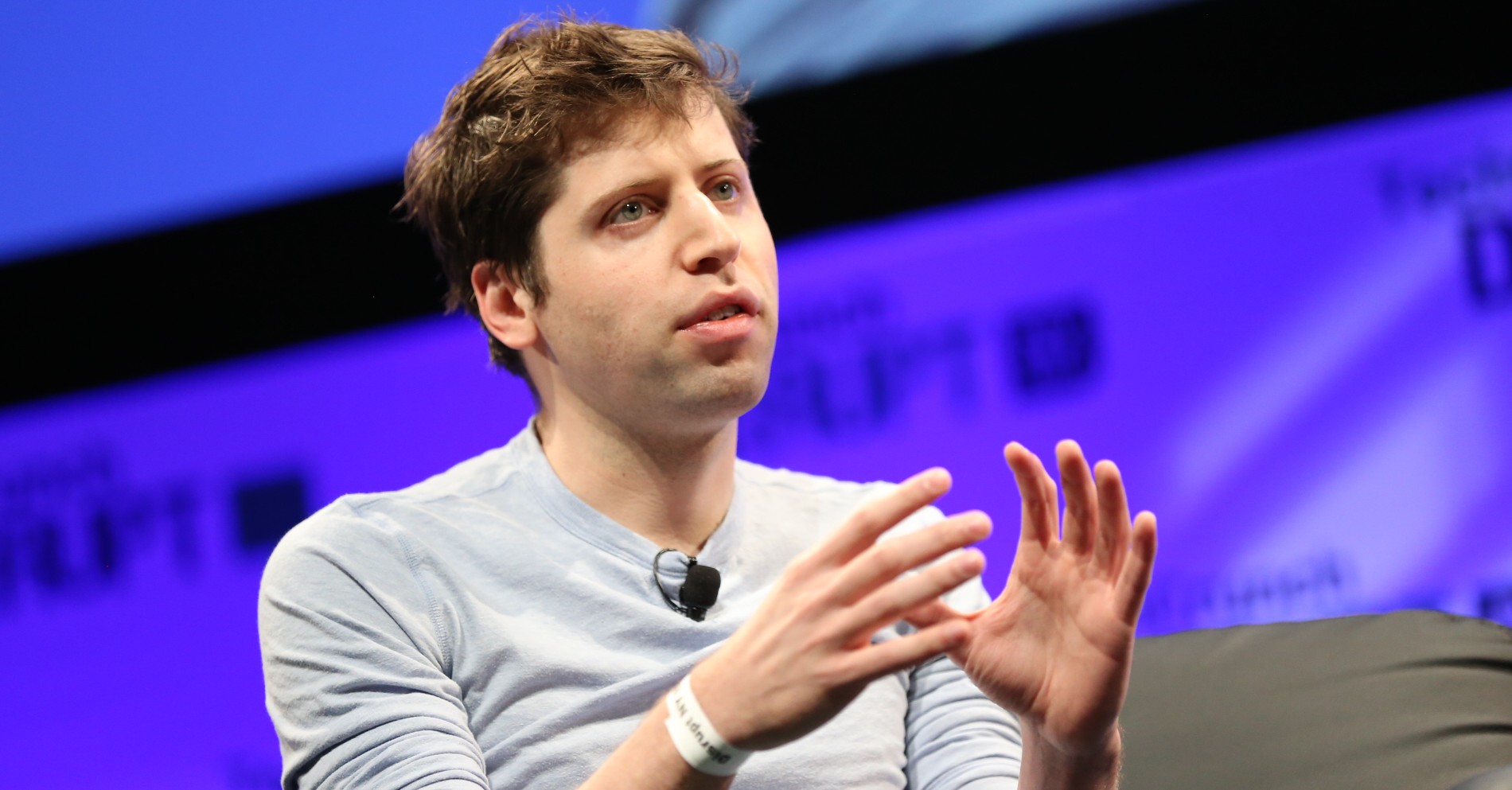OpenAI CEO Sam Altman is now one of the best-known CEOs in tech with publications hanging on to his every word, but even a decade ago, he was still giving very valuable startup advice.
Long before his name became synonymous with the artificial intelligence revolution, Sam Altman was a revered figure in the startup world, serving as the president of the influential accelerator Y Combinator. It was during this time that he shared a wealth of practical advice for founders, much of which remains incredibly relevant today. In a talk from many years ago, Altman laid out a clear, no-nonsense guide for early-stage startups facing one of their first and most critical hurdles: acquiring their initial user base. He methodically broke down four common strategies, ranking them from best to worst and offering timeless insights into the grit required to get a new venture off the ground.

Altman’s core message is a crucial reality check for any aspiring entrepreneur. “Everyone thinks that they’re just going to put up this website, tell one person about it, and it’s going to take off like wildfire,” he stated. “That’s not what usually happens.” He then detailed the most effective, albeit often uncomfortable, first step. The best approach, according to Altman, is to start with your personal network. “You can email people you already know and you can ask them to be our customers. You can call in all the favors with anyone you can think of—someone you took a random class with, someone you were friends with in high school.” He also stressed a vital point for those with a paid product: “You should actually charge. This is important. Remember, people are going to be inclined to do you favors. They’re going to be too nice in what they tell you. If it’s a paid product, charge them.”
The second strategy involves cold outreach, a method that requires persistence. “Another strategy is to research people that you think might use your product and then email them or whatever and ask them to try it,” Altman explained. He was realistic about the expected success rate, noting, “Conversion rates here are low, maybe two, 3%. So you’ll have to do this to more.” The key is a direct and genuine approach. “But you can send targeted emails and say, ‘Hey, I just made this new product. I’d really appreciate it if you would try it out.’ Most people want to be helpful. They probably will.”
Next, Altman addressed the allure of media attention and online communities. “You can do social media, Hacker News, forums, press, whatever,” he said. However, he offered a significant caveat: “If this is going to be a growth strategy, you need to figure out a way for it to be ongoing, not a one big pop and then go away.” He warned against the common pitfall of a single, fleeting moment in the spotlight. “Most people who do this find that it works once, then they call up the journalist and say, ‘Will you write about me again?’ And the journalist says, ‘Anything changed?’ ‘No, but I really need users.’ The journalist still says no.” To illustrate how to make this strategy work sustainably, he pointed to a now-famous example: “Airbnb is an example of a company that made this work as an ongoing process. They would do the craziest things. They just kept coming up with press stunt after press stunt. They would mail journalists giant boxes of cereal so they got on their desk and they were able to get it to keep going. But that’s hard.”
Finally, Altman discussed the method he least endorsed, highlighting it as a common but ineffective starting point. “The laziest and least impressive thing you can do is to just buy ads on Facebook or Google and point people to your website,” he asserted. “This is not what I recommend. I don’t know of any startup that’s gotten big starting this way. I include it because it’s the idea that most people try.”
Altman’s advice from years ago remains a masterclass in early-stage growth, emphasizing unscalable, hands-on efforts over passive, “lazy” tactics. His hierarchy of strategies pushes founders toward genuine connection and feedback, which are invaluable in the nascent stages of a company. The insistence on charging early users is particularly prescient, as it forces a startup to confront the true value of its product beyond the goodwill of friends and family. In today’s landscape, where the cost of paid acquisition is continually rising, this counsel is more relevant than ever. While the platforms may have evolved, the fundamental principle holds: the path to the first 100 users is paved not with ad spend, but with hustle, personal outreach, and the relentless pursuit of genuine product-market fit. The success of companies like Airbnb, built on a foundation of creative and persistent grassroots efforts, serves as a modern testament to Altman’s enduring wisdom.
